Post geological formations, rocks, and anything geology or geoengineering related here.
/cyb/ - Cyberpunk Fiction and Fact
Cyberpunk is the idea that technology will condemn us to a future of totalitarian nightmares here you can discuss recent events and how technology has been used to facilitate greater control by the elites, or works of fiction
47 replies | 48 files | 24 UUIDs | Page 8
1504382111.png (146.9 KB, 895x893, 4eed13580e47d196327e555159ab8d1f.png)

Sorry if this doesn't belong here but this is the closest thing to a /sci/ board we have.
Anonymous
No.448
This is the Palo Duro canyon. 2nd largest canyon in the U.S. and the largest canyon in Texas located near Amarillo. 190 miles long, on average 6 miles wide, and about 860 feet deep.
>>447
Do people want the /cyb/ board renamed to "/scig/ - Science and Technology, and their effects upon society and the human imagination"?
>>446
So I'm contributing to the thread, check out the Crystal Cave in Naica, Mexico
>Nothing compares with the giants found in Cueva de los Cristales, or Cave of Crystals. The limestone cavern and its glittering beams were discovered in 2000 by a pair of brothers drilling nearly a thousand feet below ground in the Naica mine, one of Mexico's most productive, yielding tons of lead and silver each year. The brothers were astonished by their find, but it was not without precedent. The geologic processes that create lead and silver also provide raw materials for crystals, and at Naica, miners had hammered into chambers of impressive, though much smaller, crystals before
http://ngm.nationalgeographic.com/2008/11/crystal-giants/shea-text
Do people want the /cyb/ board renamed to "/scig/ - Science and Technology, and their effects upon society and the human imagination"?
>>446
So I'm contributing to the thread, check out the Crystal Cave in Naica, Mexico
>Nothing compares with the giants found in Cueva de los Cristales, or Cave of Crystals. The limestone cavern and its glittering beams were discovered in 2000 by a pair of brothers drilling nearly a thousand feet below ground in the Naica mine, one of Mexico's most productive, yielding tons of lead and silver each year. The brothers were astonished by their find, but it was not without precedent. The geologic processes that create lead and silver also provide raw materials for crystals, and at Naica, miners had hammered into chambers of impressive, though much smaller, crystals before
http://ngm.nationalgeographic.com/2008/11/crystal-giants/shea-text
Anonymous
No.450
>>446
Nah. It's not like it's taking up any space.
Just keep dumping. Feel free to give us something to read too.
Nah. It's not like it's taking up any space.
Just keep dumping. Feel free to give us something to read too.
Anonymous
No.451
Anonymous
No.452
>>449
Beautiful.
I would like the name to be changed because I think it would encourage more discussions. We should put it to a vote.
Pic is Alexandrite
The alexandrite variety displays a color change (alexandrite effect) dependent upon the nature of ambient lighting. Alexandrite effect is the phenomenon of an observed color change from greenish to reddish with a change in source illumination.[8] Alexandrite results from small scale replacement of aluminium by chromium ions in the crystal structure, which causes intense absorption of light over a narrow range of wavelengths in the yellow region (580 nm) of the visible light spectrum.[8] Because human vision is most sensitive to green light and least sensitive to red light, alexandrite appears greenish in daylight where the full spectrum of visible light is present, and reddish in incandescent light which emits less green and blue spectrum.[8] This color change is independent of any change of hue with viewing direction through the crystal that would arise from pleochroism.[8]
Beautiful.
I would like the name to be changed because I think it would encourage more discussions. We should put it to a vote.
Pic is Alexandrite
The alexandrite variety displays a color change (alexandrite effect) dependent upon the nature of ambient lighting. Alexandrite effect is the phenomenon of an observed color change from greenish to reddish with a change in source illumination.[8] Alexandrite results from small scale replacement of aluminium by chromium ions in the crystal structure, which causes intense absorption of light over a narrow range of wavelengths in the yellow region (580 nm) of the visible light spectrum.[8] Because human vision is most sensitive to green light and least sensitive to red light, alexandrite appears greenish in daylight where the full spectrum of visible light is present, and reddish in incandescent light which emits less green and blue spectrum.[8] This color change is independent of any change of hue with viewing direction through the crystal that would arise from pleochroism.[8]
Anonymous
No.453
These are from Carlsbad Caverns. If any of you ever get the chance to go you really should check it out.
I have a magnetite, an osbydian, an amethyst covered by volcanic rock and some tiny rocks like quartz and interesting ones, but my collection is really small compared to my mother's, she has a lot of rocks, one day I will have a collection as big as hers.
Do you also like rocks anon?
Do you also like rocks anon?
Anonymous
No.457
1504389724_3.jpg (244.4 KB, 1280x700, Postojna-Cave-Vivarium-Proteus-P-anguinus-2.jpg)
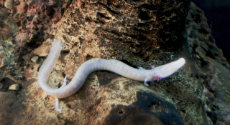
Anonymous
No.458
>>456
Do you also like rocks anon?
I have some, but rather than specific materials, I search for weird shapes.
I remember touching an Iron meteorite while visiting a travelling space expo, though.
Just thinking "this thing comes from outside" sent chills down my spine.
Do you also like rocks anon?
I have some, but rather than specific materials, I search for weird shapes.
I remember touching an Iron meteorite while visiting a travelling space expo, though.
Just thinking "this thing comes from outside" sent chills down my spine.
Anonymous
No.459
>>456
I have a pretty large rock collection. I used to go fossil hunting when I was younger. I recently got a facetting machine so I can teach myself how to cut some of my stones.
I have a pretty large rock collection. I used to go fossil hunting when I was younger. I recently got a facetting machine so I can teach myself how to cut some of my stones.
These are ammonites. A species of molluscs closely related to the nautilus that went extinct about 65 million years ago.
>>472
Well some of those seem to have tiny edges, I wonder if this creature got it's organs hurt by them.
Well some of those seem to have tiny edges, I wonder if this creature got it's organs hurt by them.
Anonymous
No.474
Anonymous
No.475
Anonymous
No.478
This thread is making me want to go look for fossils again.
Anonymous
No.489
1504500984_1.jpg (188.1 KB, 1000x700, cc6710-calcite-england-2016-10-10-14-34-17-c-ed.jpg)
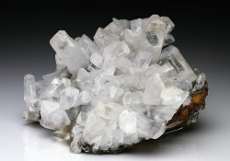
This is calcite and its crystal structure.
Anonymous
No.601
https://en.wikipedia.org/wiki/Tsunami_bomb
>The tsunami bomb was an attempt during World War II to develop a tectonic weapon that could create destructive tsunamis. The project commenced after US Navy officer E.A. Gibson noticed small waves generated by explosions used to clear coral reefs. The idea was developed by the United States and New Zealand military in a programme code named Project Seal.[1] The weapons concept was deemed feasible, but the weapons themselves were never fully developed or used. A related concept, the bouncing bomb was developed and used in World War II, to be dropped into water as a means to destroy German dams and cause loss of industrial capacity and widespread flooding.
That was attempted during WW2. I wonder what could be done with modern technology.
>The tsunami bomb was an attempt during World War II to develop a tectonic weapon that could create destructive tsunamis. The project commenced after US Navy officer E.A. Gibson noticed small waves generated by explosions used to clear coral reefs. The idea was developed by the United States and New Zealand military in a programme code named Project Seal.[1] The weapons concept was deemed feasible, but the weapons themselves were never fully developed or used. A related concept, the bouncing bomb was developed and used in World War II, to be dropped into water as a means to destroy German dams and cause loss of industrial capacity and widespread flooding.
That was attempted during WW2. I wonder what could be done with modern technology.
>tfw moved to Florida 5 years ago
>no rocks
>anywhere
>moved fom Connecticut (glacial state)
>Still miss the rocks
>no rocks
>anywhere
>moved fom Connecticut (glacial state)
>Still miss the rocks
Anonymous
No.610
>>608
Move to Texas. We have all kinds of fossils here from marine life, to petrified wood, to wooly mammoths, to dinosaurs. Also lots of opportunities for geologists.
Move to Texas. We have all kinds of fossils here from marine life, to petrified wood, to wooly mammoths, to dinosaurs. Also lots of opportunities for geologists.
Anonymous
No.622
does fracking get maud aroused?
Anonymous
No.623
Plausibly... or the opposite.
Would you be able to tell, if she did?
Would you be able to tell, if she did?
Anonymous
No.827
1547611466_1.jpg (151.4 KB, 1103x630, GC_confluence_kcaldon_GrandCanyonTrust.jpg)
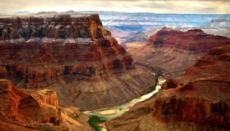
1547611466_2.jpg (145.7 KB, 750x750, grand-canyon-south-rim-tour-bright-angel-point.jpg)
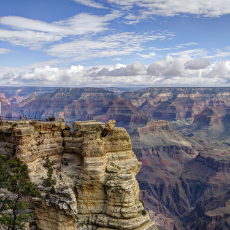
1547611466_4.jpg (353.2 KB, 1424x1068, USA Grand Canyon South Rim.jpg)
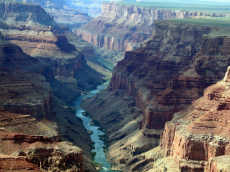
Here's a few pics from the grand canyon.
Anonymous
No.878
What does /cyb/ think about mega engineering projects like flooding and damming the Qattara depression? https://en.wikipedia.org/wiki/Qattara_Depression_Project
Anonymous
No.937
>The Yellowstone Fumaroles in Wyoming are an incredible display of color and geochemistry. A fumarole releases gases such as carbon dioxide, sulfur dioxide, and hydrogen sulfide, among others. Fumaroles deposit an array of minerals with the combination of acidic gases and high temperatures.
Anonymous
No.956
Small amounts of a material called "Louisiana Opal" or "Louisiana Sand Opal" have been mined from the Catahoula Formation near Leesville, Vernon Parish, Louisiana. If you examine this material closely, you will find that it is a sandstone in which the sand grains are bound together by a cement of clear precious opal.
Anonymous
No.957
The mineral pyrite, or iron pyrite, also known as fool's gold, is an iron sulfide with the chemical formula FeS2 (iron(II) disulfide). Pyrite is considered the most common of the sulfide minerals.
Anonymous
No.963
A star sapphire is a type of sapphire that exhibits a star-like phenomenon known as asterism; red stones are known as "star rubies". Star sapphires contain intersecting needle-like inclusions following the underlying crystal structure that causes the appearance of a six-rayed "star"-shaped pattern when viewed with a single overhead light source. The inclusion is often the mineral rutile, a mineral composed primarily of titanium dioxide.
Anonymous
No.965
The third highest mountain in north america is only 17 miles away from sea level, in the Tann Fiord near Icy Bay Alaska.
In October 2015, there was a landslide on the mountain that generated a tsunami wave over 500 ft high that swept over Icy Bay.
>The wave that followed ripped spruce from 1,700 feet up a mountain slope and left trimlines in the bay that are visible today.
>Last October, seismologists at Columbia University in New York detected the Icy Bay landslide on their instruments. Göran Ekström and Colin Stark specialize in picking up landslide signals. They figured the slide spilled 200 million tons of rock in 60 seconds.
>Scientists estimate the Icy Bay slide might be the biggest non-volcanic landslide, by volume, in North America’s written history.
https://www.gi.alaska.edu/alaska-science-forum/giant-wave-icy-bay
In October 2015, there was a landslide on the mountain that generated a tsunami wave over 500 ft high that swept over Icy Bay.
>The wave that followed ripped spruce from 1,700 feet up a mountain slope and left trimlines in the bay that are visible today.
>Last October, seismologists at Columbia University in New York detected the Icy Bay landslide on their instruments. Göran Ekström and Colin Stark specialize in picking up landslide signals. They figured the slide spilled 200 million tons of rock in 60 seconds.
>Scientists estimate the Icy Bay slide might be the biggest non-volcanic landslide, by volume, in North America’s written history.
https://www.gi.alaska.edu/alaska-science-forum/giant-wave-icy-bay
Anonymous
No.966
Chemical Formula: NaCr+++Si2O6
Help on Composition: Composition: Molecular Weight = 227.15 gm
Sodium 10.12 % Na 13.64 % Na2O
Chromium 22.89 % Cr 33.46 % Cr2O3
Silicon 24.73 % Si 52.90 % SiO2
Oxygen 42.26 % O
______ ______
100.00 % 100.00 % = TOTAL OXIDE
Help on Empirical Formula: Empirical Formula: NaCrSi2O6
Help on Environment: Environment: A major constituent of some jadeitites; an accessory constituent of some iron meteorites.
Help on IMA Status: IMA Status: Valid Species (Pre-IMA) 1894
Help on Locality: Locality: In the Toluca, Coahuila, Hex River Mountains, and Canyon Diablo meteorites. Link to MinDat.org Location Data.
Help on Name Origin: Name Origin: From the German kosmisch, for cosmic, in allusion to its meteoritic occurrence, and the Greek chlor, for green.
Help on Composition: Composition: Molecular Weight = 227.15 gm
Sodium 10.12 % Na 13.64 % Na2O
Chromium 22.89 % Cr 33.46 % Cr2O3
Silicon 24.73 % Si 52.90 % SiO2
Oxygen 42.26 % O
______ ______
100.00 % 100.00 % = TOTAL OXIDE
Help on Empirical Formula: Empirical Formula: NaCrSi2O6
Help on Environment: Environment: A major constituent of some jadeitites; an accessory constituent of some iron meteorites.
Help on IMA Status: IMA Status: Valid Species (Pre-IMA) 1894
Help on Locality: Locality: In the Toluca, Coahuila, Hex River Mountains, and Canyon Diablo meteorites. Link to MinDat.org Location Data.
Help on Name Origin: Name Origin: From the German kosmisch, for cosmic, in allusion to its meteoritic occurrence, and the Greek chlor, for green.
Anonymous
No.979
The view of the Danxia landform in Gansu's Zhangye is so gorgeous and breathtaking that no words can match its beauty. You would be amazed at the nature's magical hands. The landscape is presented in multi-colors, such as red, yellow, orange, blue, white and grey. Some mountains look like a watercolor painting while others like a Chinese brush drawing. Being in such a wonderland, you will feel like you were in a fairy tale.
Danxia landform is created by red-colored sandstones and mud stones. It was listed as one of the 10 most amazing geographic wonders of the world by the National Geographic magazine in 2011.
Danxia landform is created by red-colored sandstones and mud stones. It was listed as one of the 10 most amazing geographic wonders of the world by the National Geographic magazine in 2011.
Anonymous
No.980
Zealandia, also known as the New Zealand continent or Tasmantis, is an almost entirely submerged mass of continental crust that sank after breaking away from Australia 60–85 million years ago, having separated from Antarctica between 85 and 130 million years ago.
Anonymous
No.994
Trilobites ( /ˈtraɪləˌbaɪt, ˈtrɪ-, -loʊ-/; meaning "three lobes") are a group of extinct marine arachnomorph arthropods that form the class Trilobita. Trilobites form one of the earliest-known groups of arthropods.
Anonymous
No.1002
Not a rock this time but an interesting bit of information. Earth's. Magnetic field effects how stones crystallize. You can tell the direction of Earth's magnetic field at the time magma cooled based on the arrangement of magnetic crystals in stones.
Anonymous
No.1012
A fossil natural nuclear fission reactor is a uranium deposit where self-sustaining nuclear chain reactions have occurred. This can be examined by analysis of isotope ratios. The conditions under which a natural nuclear reactor could exist had been predicted in 1956 by Paul Kazuo Kuroda. The phenomenon was discovered in 1972 in Oklo, Gabon by French physicist Francis Perrin under conditions very similar to what was predicted.
Oklo is the only known location for this in the world and consists of 16 sites at which self-sustaining nuclear fission reactions are thought to have taken place approximately 1.7 billion years ago, and ran for a few hundred thousand years, averaging probably less than 100 kW of thermal power during that time.
Oklo is the only known location for this in the world and consists of 16 sites at which self-sustaining nuclear fission reactions are thought to have taken place approximately 1.7 billion years ago, and ran for a few hundred thousand years, averaging probably less than 100 kW of thermal power during that time.
Anonymous
No.1016
Tourmaline ( /ˈtʊərməlɪn/, -/iːn/ TOOR-mə-lin, -leen) is a crystalline boron silicate mineral compounded with elements such as aluminium, iron, magnesium, sodium, lithium, or potassium. Tourmaline is classified as a semi-precious stone and the gemstone comes in a wide variety of colors.
Anonymous
No.1024
Petrified wood is the name given to a special type of fossilized remains of terrestrial vegetation. It is the result of a tree or tree-like plants having completely transitioned to stone by the process of permineralization.
Anonymous
No.1028
Labradorite is a feldspar mineral of the plagioclase series that is most often found in mafic igneous rocks such as basalt, gabbro, and norite. It is also found in anorthosite, an igneous rock in which labradorite can be the most abundant mineral.
Anonymous
No.1035
Obsidian is a naturally occurring volcanic glass formed as an extrusive igneous rock. Obsidian is produced when felsic lava extruded from a volcano cools rapidly with minimal crystal
Anonymous
No.1036
Amber is fossilized tree resin, which has been appreciated for its color and natural beauty since Neolithic times. Much valued from antiquity to the present as a gemstone, amber is made into a variety of decorative objects. Amber is used in jewelry. It has also been used as a healing agent in folk medicine.
Anonymous
No.1043
1572901150.jpg (104.3 KB, 880x880, Amazing-StonesMinerals7__700.jpg)
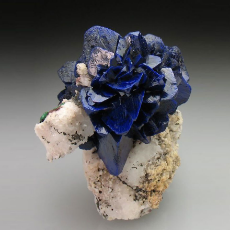
Azurite is a soft, deep-blue copper mineral produced by weathering of copper ore deposits. During the early 19th century, it was also known as chessylite, after the type locality at Chessy-les-Mines near Lyon, France.
Anonymous
No.1068
The Mariana Trench or Marianas Trench is located in the western Pacific Ocean about 200 kilometres east of the Mariana Islands; it is the deepest trench in the world. It is crescent-shaped and measures about 2,550 km in length and 69 km in width.
[View All] [Last 100 Posts] [Last 200 Posts]
47 replies | 48 files | 24 UUIDs | Page 8
[Add to Thread Watcher]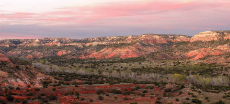
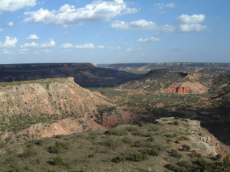
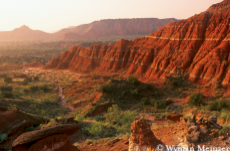
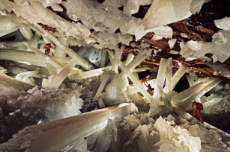
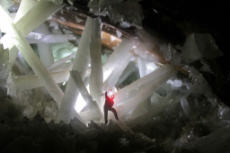
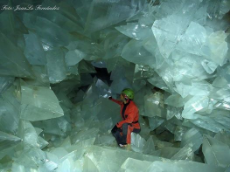



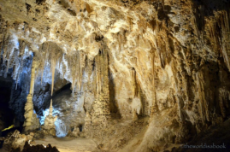
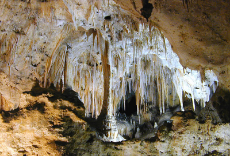
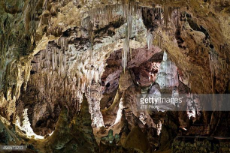
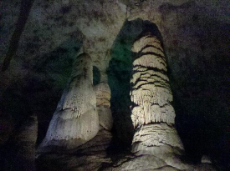
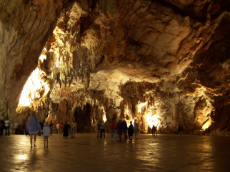
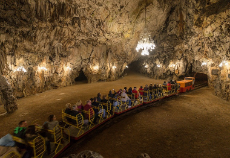
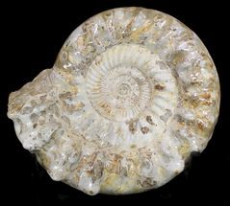
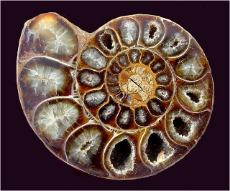
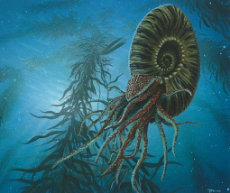
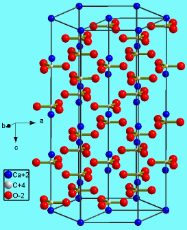

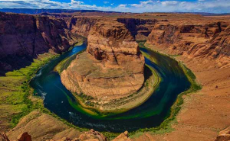
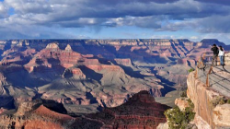
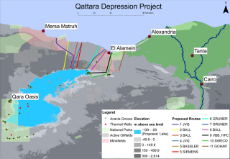
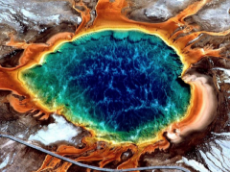
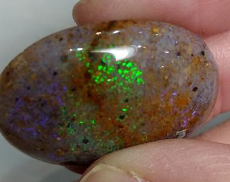
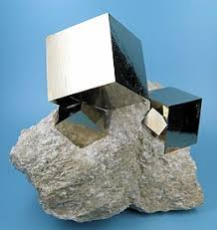
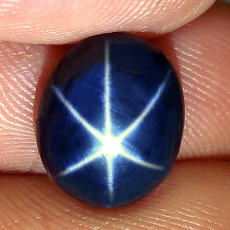
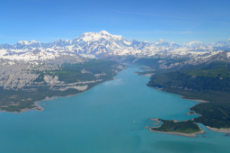
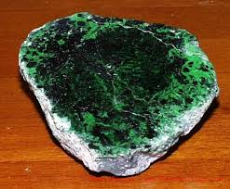
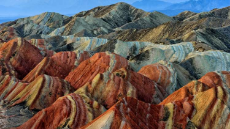
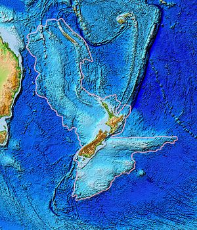
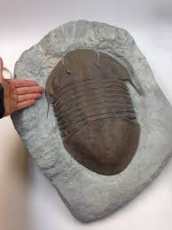


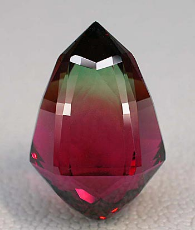
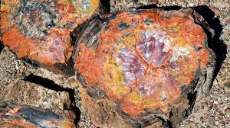
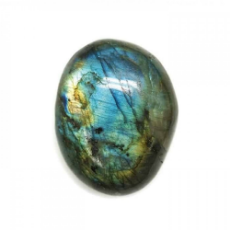
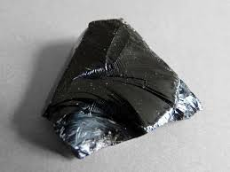
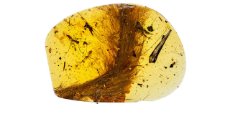

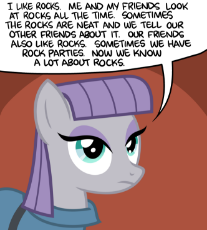
 Ex: Type :littlepip: to add Littlepip
Ex: Type :littlepip: to add Littlepip  Ex: Type :eqg-rarity: to add EqG Rarity
Ex: Type :eqg-rarity: to add EqG Rarity 